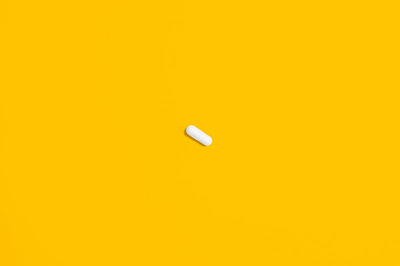
Worldwide, pharmaceutical products are one of the most vulnerable goods to counterfeiting practices. According to the World Health Organization (WHO), Pharmaceutical counterfeiting is a serious, pervasive threat; fake drugs drain the global economy of as much as $ 200 billion in lost profits annually. It is an issue with potentially deadly consequences. Therefore, there is an increasing demand for pharmaceutical anti-counterfeiting technologies all around the world, driving the growth of the pharmaceutical anti-counterfeiting technologies market. For example, in June 2021, Honeywell launched the digital authentication technology for the pharmaceutical industry in response to the growing threat of counterfeiting.
According to the company, the prevalence of counterfeit drugs has increased in recent times due to the acute shortage of medicines to treat the symptoms of COVID-19 (Coronavirus). Pharmaceutical companies have employed several analytical techniques for the detection of counterfeits. They include techniques like colorimetry and thin-layer chromatography, NMR, mass, and Raman spectroscopies. The pandemic has increased the dangers posed by counterfeit pharmaceutical products. According to the Authentication Solution Providers' Association, a sharp spike has been witnessed in the counterfeiting of pharmaceutical products during the global pandemic, especially sanitizers and PPE kits.
Moreover, according to the same source, counterfeiting incidents in India have risen rapidly in the last few years, with a 20% growth from January 2018 to December 2020. This in turn is expected to increase the demand for pharmaceutical anti-counterfeiting technologies, driving the pharmaceutical anti-counterfeiting technologies market growth, especially in India. Anti-counterfeiting technologies are of various types such as forensic technologies, track and trace technologies, overt technologies, and cohort technologies. Rising incidents of counterfeiting affect patient health and overall human capital. Moreover, these counterfeit products score low on quality and therefore affect the image of the manufacturer.
According to the U.S. Food and Drug Administration (FDA), pharmaceutical manufacturers in the United States entail an approximate revenue loss of US$ 300 billion every year owing to counterfeiting. Thus, losses in terms of revenue and increasing focus on brand protection to reduce pharmaceutical counterfeiting coupled with the growing awareness regarding anti-counterfeiting technologies are expected to increase demand for anti-counterfeiting technologies in this region. This in turn is expected to augment the growth of the pharmaceutical anti-counterfeiting technologies market in the U.S. However, the high setup cost and the existence of technologies that are non-deterrent to counterfeiters are some major factors expected to restrain the growth of the pharmaceutical anti-counterfeiting technologies market.
